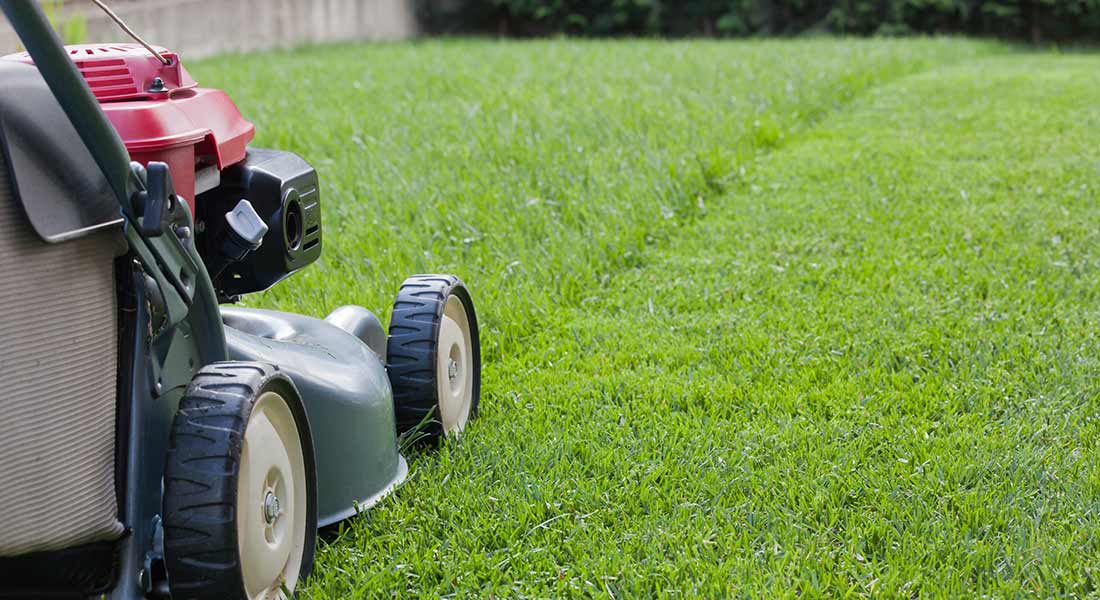A vibrant, lush lawn is the pride of any homeowner. Whether you’re hosting a barbecue, playing catch with the kids, or simply enjoying a quiet afternoon, a well-maintained lawn enhances your outdoor experience. However, achieving that green paradise requires knowledge and effort. In this complete guide, we’ll cover essential lawn care Elburn IL tips and effective lawn maintenance strategies to help you cultivate a stunning lawn.
Why Lawn Care Matters: What’s at Stake?
Investing time and resources into lawn care isn’t just about aesthetics; it can significantly impact your home and lifestyle. Here are a few reasons why maintaining your lawn is important:
• Increased Curb Appeal: A lush, green lawn enhances the overall appearance of your property, making it more attractive to guests and potential buyers.
• Environmental Benefits: Healthy grass absorbs carbon dioxide, produces oxygen, and helps filter pollutants, contributing positively to the environment.
• Outdoor Enjoyment: A well-maintained lawn provides a space for relaxation, play, and recreation, enriching your outdoor lifestyle.
Essential Lawn Maintenance Tips for a Lush Lawn
- Mowing Techniques: Are You Cutting It Right?
Mowing is one of the most critical aspects of lawn maintenance. Here are some best practices:
• Keep Blades Sharp: Sharp mower blades ensure clean cuts, reducing stress on the grass and preventing disease. Aim to sharpen your blades at least once a season.
• Mow at the Right Height: Different grass types require different mowing heights. For most grasses, keeping your lawn around 2.5 to 3.5 inches tall encourages deep root growth and reduces weed competition.
• Mow When Dry: Mowing wet grass can lead to clumping and uneven cuts. Always mow when the grass is dry to achieve a clean, even appearance.
- Watering Wisely: Are You Overwatering or Underwatering?
Watering is crucial for maintaining a healthy lawn, but too much or too little can harm your grass. Here’s how to water effectively:
• Deep Watering: Instead of frequent shallow watering, aim for deep watering sessions. Water your lawn about 1 to 1.5 inches per week, allowing the moisture to penetrate the roots. This promotes deeper root growth.
• Timing Matters: Water early in the morning or late in the afternoon to minimize evaporation. Avoid watering in the evening, as this can promote fungal growth due to prolonged moisture.
• Monitor Rainfall: Keep track of rainfall in your area. If your lawn receives sufficient rain, reduce your watering schedule accordingly.
- Fertilizing for Success: What’s Your Strategy?
Proper fertilization is key to a lush, green lawn. Here’s how to fertilize effectively:
• Choose the Right Fertilizer: Look for a balanced fertilizer with a good mix of nitrogen (N), phosphorus (P), and potassium (K). A common ratio is 10-10-10.
• Test Your Soil: Conduct a soil test to determine nutrient levels and pH balance. This information will help you choose the right fertilizer and amendments.
• Follow a Schedule: Fertilize your lawn at least twice a year—once in spring and again in fall. This timing aligns with the grass’s growth cycles, promoting healthy growth.
- Aeration: Is Your Lawn Getting Enough Air?
Aeration helps relieve soil compaction, allowing nutrients, water, and air to penetrate the soil more effectively. Here’s how to aerate properly:
• When to Aerate: The best time to aerate your lawn is during the growing season. For cool-season grasses, aerate in early spring or early fall. For warm-season grasses, late spring to early summer is ideal.
• Methods of Aeration: You can aerate your lawn using a manual or motorized aerator. Focus on high-traffic areas where soil compaction is most likely.
- Weed Control: How Do You Keep Your Lawn Weed-Free?
Weeds can quickly overtake your lawn if not managed properly. Here are effective strategies to control weeds:
• Pre-emergent Herbicides: Apply pre-emergent herbicides in early spring to prevent weed seeds from germinating.
• Spot Treatment: For existing weeds, use a selective herbicide that targets specific types of weeds without harming your grass.
• Mulching: In garden beds, use mulch to suppress weeds and retain moisture in the soil.
- Pest Management: Are Pests Invading Your Lawn?
Pests can wreak havoc on your lawn if not addressed promptly. Here’s how to manage them:
• Regular Inspections: Check your lawn regularly for signs of pests like grubs, chinch bugs, or sod webworms. Early detection is key to effective management.
• Natural Predators: Encourage natural predators like ladybugs and birds to help control pest populations. You can do this by planting diverse flower species.
• Consult a Landscaper: If pest issues persist, consider consulting a professional landscaper who can recommend effective pest control solutions.
How a Landscaper Can Help You Achieve Lawn Perfection
While many homeowners can manage basic lawn maintenance, hiring a professional landscaper can take your lawn to the next level. Here’s how they can assist you:
• Customized Lawn Care Plans: Landscapers can develop tailored lawn care plans based on your specific grass type, climate, and soil conditions.
• Expert Knowledge: With their expertise, landscapers can identify potential issues and recommend solutions that may not be immediately apparent to homeowners.
• Time-Saving: Hiring a landscaper frees up your time, allowing you to enjoy your outdoor space without the burden of ongoing lawn care tasks.
Conclusion
Creating and maintaining a lush, green lawn is a rewarding endeavor that requires commitment and knowledge. By following these lawn care tips—ranging from mowing and watering to fertilizing and pest management—you can ensure your lawn remains healthy and vibrant year-round.
Additionally, don’t hesitate to seek assistance from a professional landscaper to optimize your lawn maintenance Aurora IL strategies. Their expertise can make a significant difference in achieving the lawn of your dreams. Remember, a well-cared-for lawn enhances your home’s curb appeal, provides a space for family enjoyment, and contributes positively to the environment.
So roll up your sleeves, grab your tools, and get ready to transform your outdoor space into a lush, green paradise!




